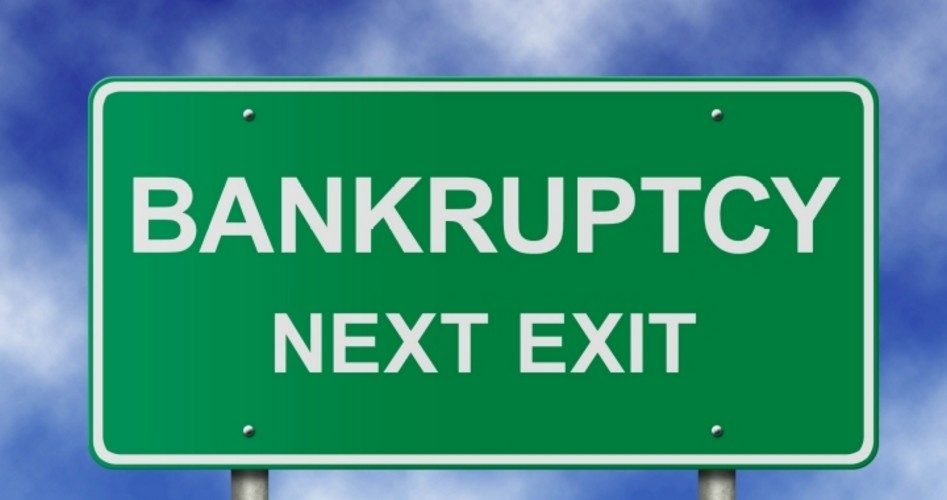
Chesapeake Energy Corporation, once the country’s second-largest natural-gas producer, declared bankruptcy on Sunday in Houston. Most on Wall Street weren’t surprised, as the company had warned repeatedly that it likely wouldn’t survive in its present form thanks to excessive debt and the COVID-19 lockdowns.
Wall Street used words such as “succumbs” and “failures” and the like to describe the company’s descent into bankruptcy.
The New American has chronicled the company’s history of enormous success — in 2011 Forbes named the company’s co-founder Aubrey McClendon to its “20-20 Club,” which is comprised of CEOs who had delivered to investors returns in excess of 20 percent a year for 20 years — as well as McClendon’s enormous tolerance for risk as he was building the company.
When McClendon died in a car crash in 2018, Doug Lawler took over as chief executive. Lawler faced an enormous task: reduce the company’s towering debt while pivoting from production of natural gas to the much more lucrative business of producing crude oil.
He almost made it.
When the COVID-19 lockdowns began hitting banks, which were then going through their annual “spring cleaning” — including reviewing debts backed by oil and gas reserves — many of those banks cut back on credit lines. Those lines were the critical for Chesapeake. The company’s stock plummeted, its bond holders were holding bonds that were now trading at 10 cents on the dollar, and banks and other financial institutions were preparing for the worst. When it was revealed that the company had $9.5 billion in debt with a loan payment due in August of $192 million but with only $82 million in the bank, its doom was sealed.
But, as The New American stated in its report on the company two weeks ago, “Following the carnage, those energy producers that survive will be leaner, stronger, and more profitable. This is how the private capitalist system operates.”
Lost in the commentary was this from Lawler: “We are fundamentally resetting Chesapeake’s capital structure and business to address our … weaknesses and capitalize on our … strengths.”
The company has entered into something called a Restructuring Support Agreement, or RSA, under which creditors have agreed to write off $7 billion of Chesapeake’s $9.5 billion debt. Short-term lenders are providing $925 million in interim financing so that the company can continue to operate, pay its employees’ wages, and meet current liabilities until it emerges, perhaps as soon as a month from now, from bankruptcy.
Lawler repeated almost word-for-word what The New American predicted would happen: “Chesapeake will be uniquely positioned to emerge from the Chapter 11 process as a stronger and more competitive enterprise.”
He added, “In addition to securing financing to fund our ongoing operations and facilitate our exit from this process, we are pleased to have the support of our … loan lenders and secured note holders to backstop a $600 million rights offering, demonstrating their confidence in Chesapeake’s operating platform and future.”
Simply put, Chesapeake is not going to disappear into history as a once-great company that foundered and sank. It will emerge leaner and more profitable than before.
It’s called “creative destruction,” a term that originated with Austrian-born economist Joseph Schumpeter: “The gale of creative destruction [is] the process of industrial mutation that continuously revolutionizes the economic structure from within, incessantly destroying the old one, incessantly creating a new one.”
Traders on Wall Street are looking for the company’s stock (CHK) to rebound from its recent lows on the news of the restructuring.
Image: Thinkstock
An Ivy League graduate and former investment advisor, Bob is a regular contributor to The New American, writing primarily on economics and politics. He can be reached at badelmann@thenewamerican.com.
Related articles:
Aubrey McClendon, “Reckless” Energy Pioneer, Dies in Fiery Car Crash



